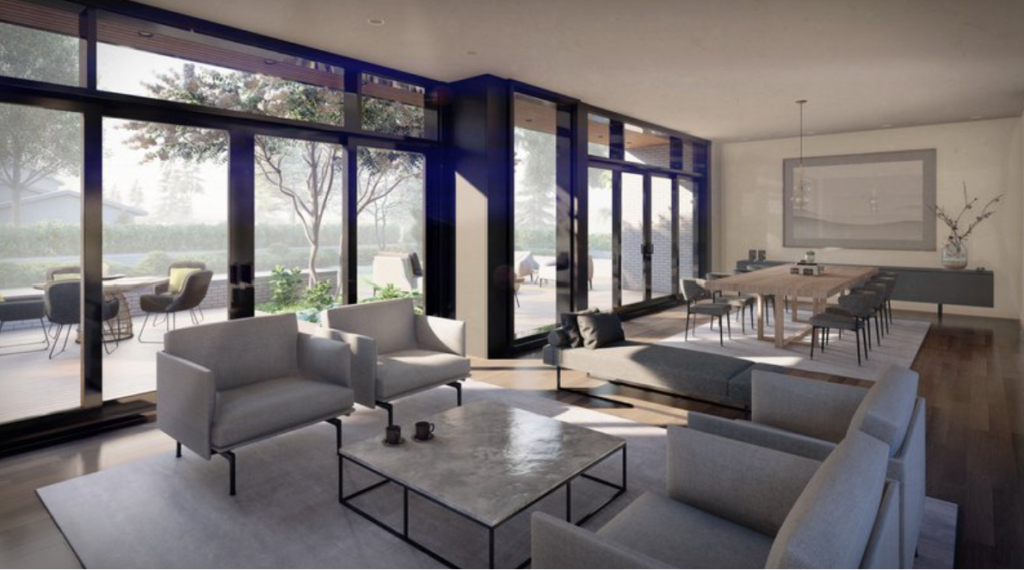Stone veneer is an affordable option for homeowners that lends a natural and elegant look to their homes. Specifically, stone veneer is a thin layer of real or simulated stone that can be applied over many surfaces, including concrete, wood, and drywall.
Its realistic appearance and durability make it a popular choice for homeowners looking to enhance the aesthetic appeal of their homes. It’s possible to use stone veneer in many ways, both inside and outside your home.
Read More





